“Kosovo: Law, politics, reality”
A leading analyst believes that the visit by the UNMIK chief is significant “because in some way it keeps Belgrade and the UN alive in Kosovo.”
Thursday, 19.02.2009.
15:01

A leading analyst believes that the visit by the UNMIK chief is significant “because in some way it keeps Belgrade and the UN alive in Kosovo.” Lamberto Zannier’s visit should result in at least an agreement on a format for further discussions, said Dusan Janjic, the director of the Forum for Ethnic Relations. Janjic told B92 that discussions about the format of negotiations were in fact delaying the application of the so-called six-point plant and that it was a problem of law, politics and reality. “Kosovo: Law, politics, reality” He said that the UN Security Council had confirmed that Resolution 1244 was still effective and that UN Secretary General Ban Ki-Moon had presented the six-point plan and future role of the international mission as a response to the need for UNMIK reform highlighted by the UN secretary general’s former Kosovo rapporteur Kai Eide. The confirmation gave Belgrade an important window, as it can say that Resolution 1244 “is not dead” and can fight for its application, though “the actual status is really going towards supplanting the resolution and interpreting Kosovo based on its acts, its constitution,” which was where the UN and EU managed to find some kind of way out, said Janjic. On the matter of possible delays in applying the six-point plant, he said there was a problem there between law, politics and reality—in reality, UNMIK is cooperating with the EU and EULEX and scaling down its contingent, while international police are also leaving Kosovo. “The UN is actually coming down to a few people in offices in Kosovo, who will be involved, above all, in community issues, and then it will come down to a few people in New York and some form of communication with the EU,” he said. He added that the identity of the next EU representative had not yet been agreed—whether it would be Javier Solana and his successor, which would suit the UN, or, for example, Pieter Feith, which would suite the EU and Albanians. Janjic says it was not true that the UN had dismissed Martti Ahtisaari’s plan. The UN did not accept his plan, he said, but the majority of UN Security Council members supported it, and “the real state of affairs sidelines (Resolution) 1244.” He noted that the UN six-point plan contained the same points that have been under discussion since 2003, be they real or technical matters, which should and must be resolved, and have no connection to status. Janjic said that the Albanians “are not sure of status” and are frustrated by the fact that Kosovo recognition and the so-called establishment of a functional state is taking longer than expected. On the other hand, Belgrade is frustrated by the actual loss of control over Kosovo. Dusan Janjic (FoNet, archive)
“Kosovo: Law, politics, reality”
He said that the UN Security Council had confirmed that Resolution 1244 was still effective and that UN Secretary General Ban Ki-Moon had presented the six-point plan and future role of the international mission as a response to the need for UNMIK reform highlighted by the UN secretary general’s former Kosovo rapporteur Kai Eide.The confirmation gave Belgrade an important window, as it can say that Resolution 1244 “is not dead” and can fight for its application, though “the actual status is really going towards supplanting the resolution and interpreting Kosovo based on its acts, its constitution,” which was where the UN and EU managed to find some kind of way out, said Janjić.
On the matter of possible delays in applying the six-point plant, he said there was a problem there between law, politics and reality—in reality, UNMIK is cooperating with the EU and EULEX and scaling down its contingent, while international police are also leaving Kosovo.
“The UN is actually coming down to a few people in offices in Kosovo, who will be involved, above all, in community issues, and then it will come down to a few people in New York and some form of communication with the EU,” he said.
He added that the identity of the next EU representative had not yet been agreed—whether it would be Javier Solana and his successor, which would suit the UN, or, for example, Pieter Feith, which would suite the EU and Albanians.
Janjić says it was not true that the UN had dismissed Martti Ahtisaari’s plan. The UN did not accept his plan, he said, but the majority of UN Security Council members supported it, and “the real state of affairs sidelines (Resolution) 1244.”
He noted that the UN six-point plan contained the same points that have been under discussion since 2003, be they real or technical matters, which should and must be resolved, and have no connection to status.
Janjić said that the Albanians “are not sure of status” and are frustrated by the fact that Kosovo recognition and the so-called establishment of a functional state is taking longer than expected. On the other hand, Belgrade is frustrated by the actual loss of control over Kosovo.

















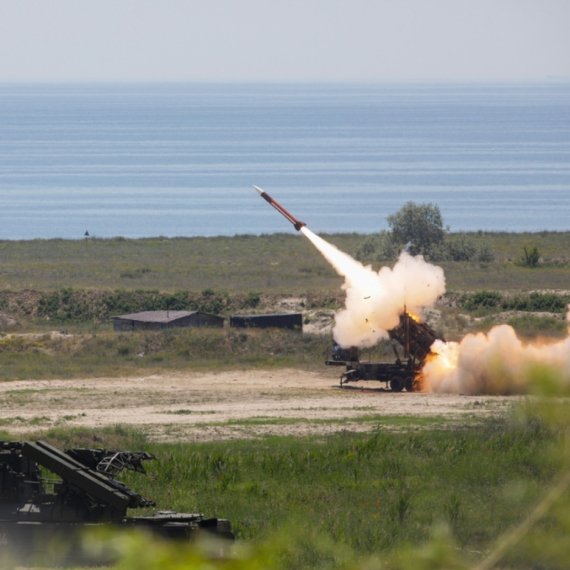
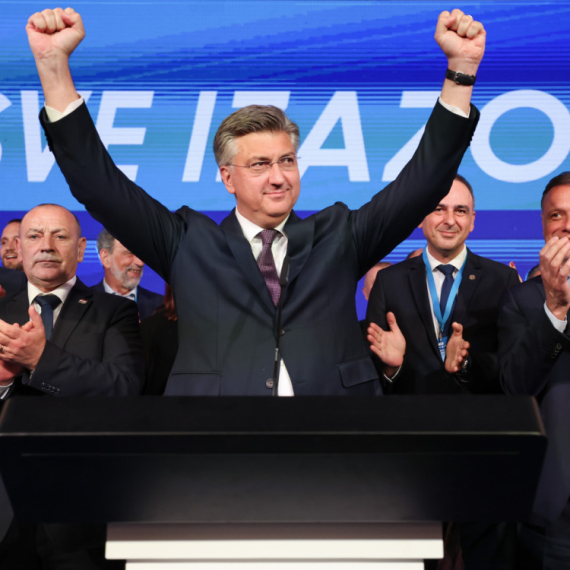

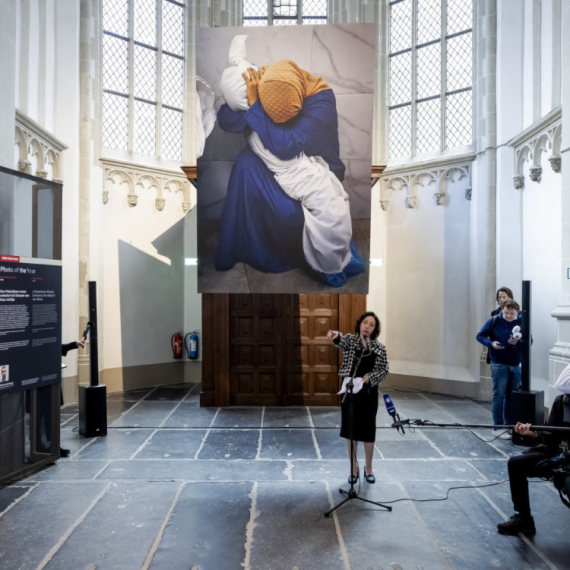





















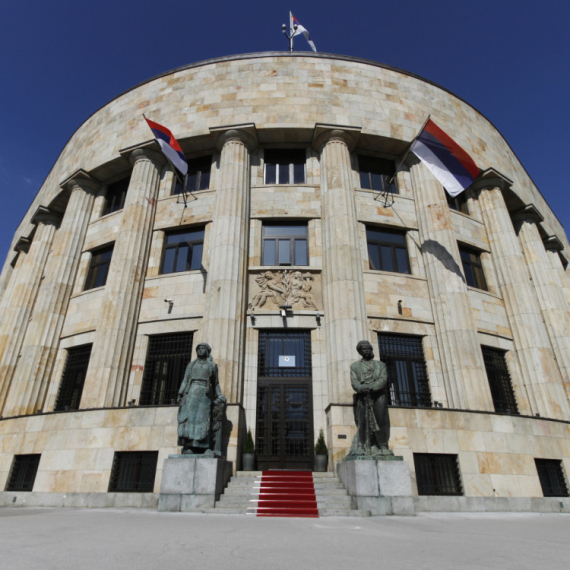














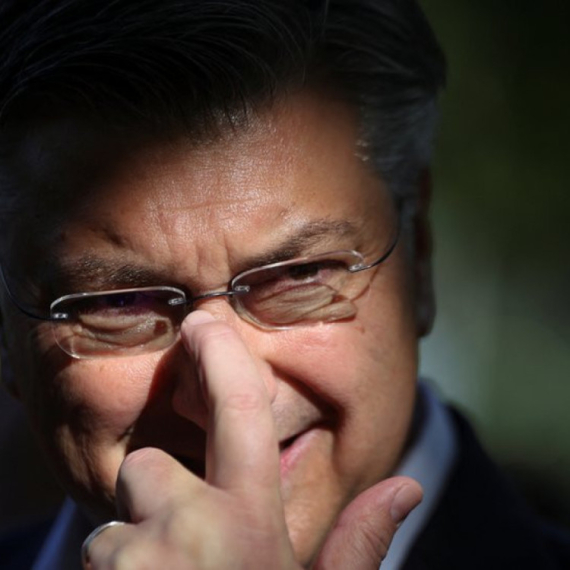
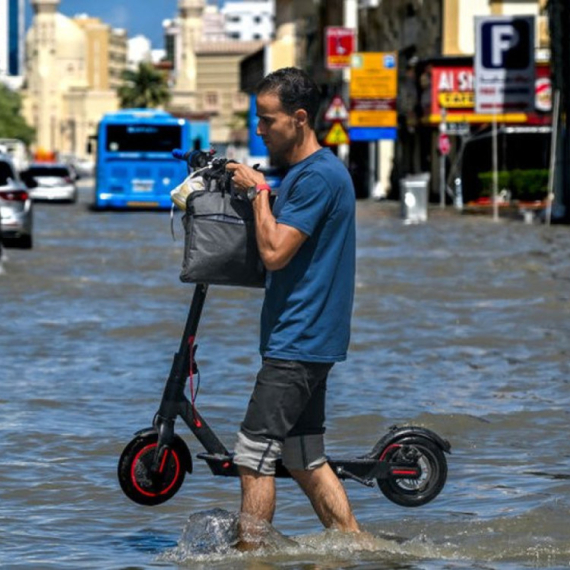

Komentari 15
Pogledaj komentare